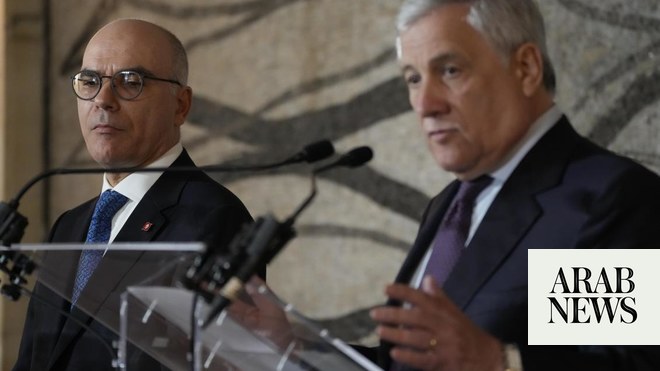
The International Monetary Fund (IMF) mission to Tunisia from August 15 to 31 resulted in a preliminary agreement for the fourth review of the IMF loan, amid growing controversy over Tunisian fears of disabling the new installment of the $257 million loans.
In May 2016, the IMF Executive Board approved lending Tunisia $2.8 billion over a four-year program.
According to the IMFs latest report, the Tunisian authorities and the IMF team reached a staff-level agreement on the policies needed to complete the fourth review of Tunisia’s Extended Fund Facility (EFF).
The report indicated that Tunisian authorities emphasized their intention to continue to act decisively to contain the budget deficit, which would allow the IMF’s Executive Board to consider the Fourth Review at the end of September.
Completion of the review would make available of about US$257 million, bringing total disbursements under the EFF to about $1.5 billion.
Contrary to the assurances provided by government sources, several experts believe the Funds mission has presented a "negative attitude" due to the failure of economic reforms and the difficulty of meeting the Fund’s demands.
During previous visits, IMF agreed with authorities to carry out quarterly reviews on the progress of agreed economic reforms. However, several domestic economic indicators are not as reassuring, as the rapid collapse of the local currency against foreign currencies and the decline in foreign exchange reserves.
The inflation rate in the country is still uncontrollable, reaching 7.8 percent. In July, Governor of Central Bank predicted inflation to increase again to reach 8 percent.
The IMF insists on a range of demands, including reduction of Tunisian budget deficit and supporting the local foreign exchange reserves. IMFs previous assessment of these demands considered that agreed economic reforms saw no progress and that these reforms are necessary to continue to support the Tunisian economy.
The report noted that: “Additional economic reforms, which include strengthening governance and enforcement in the government’s anti-corruption efforts, are necessary to overcome investor reluctance and build confidence.”
IMF asserted that containing deficits will help reduce Tunisia’s high public debt that burdens the economy and future generations, yet it admitted that “the economy remains too dependent on consumption and imports.”
Investment has again been weak this year, it warned, noting that unemployment among the young and women, especially those who are well-educated, remains very high.
According to local and international economic reports, there was a discrepancy between the IMF and the Tunisian authorities on economic reforms, especially the provision of funding of one billion Tunisian dinars and their introduction into the budget.
Tunisias reform minister, Tawfiq al-Rajhi, had pre-empted the outcome of negotiations between the IMF and Tunisia, pointing out that Tunisias economic growth will accelerate to 3.5 percent in 2019 from 2.9 percent this year, boosted by a tourism recovery and growth in the agricultural sector.
The Minister announced that the government plans to cut the budget deficit next year from 4.9 percent in 2018 to 3.9 percent of GDP next year.












